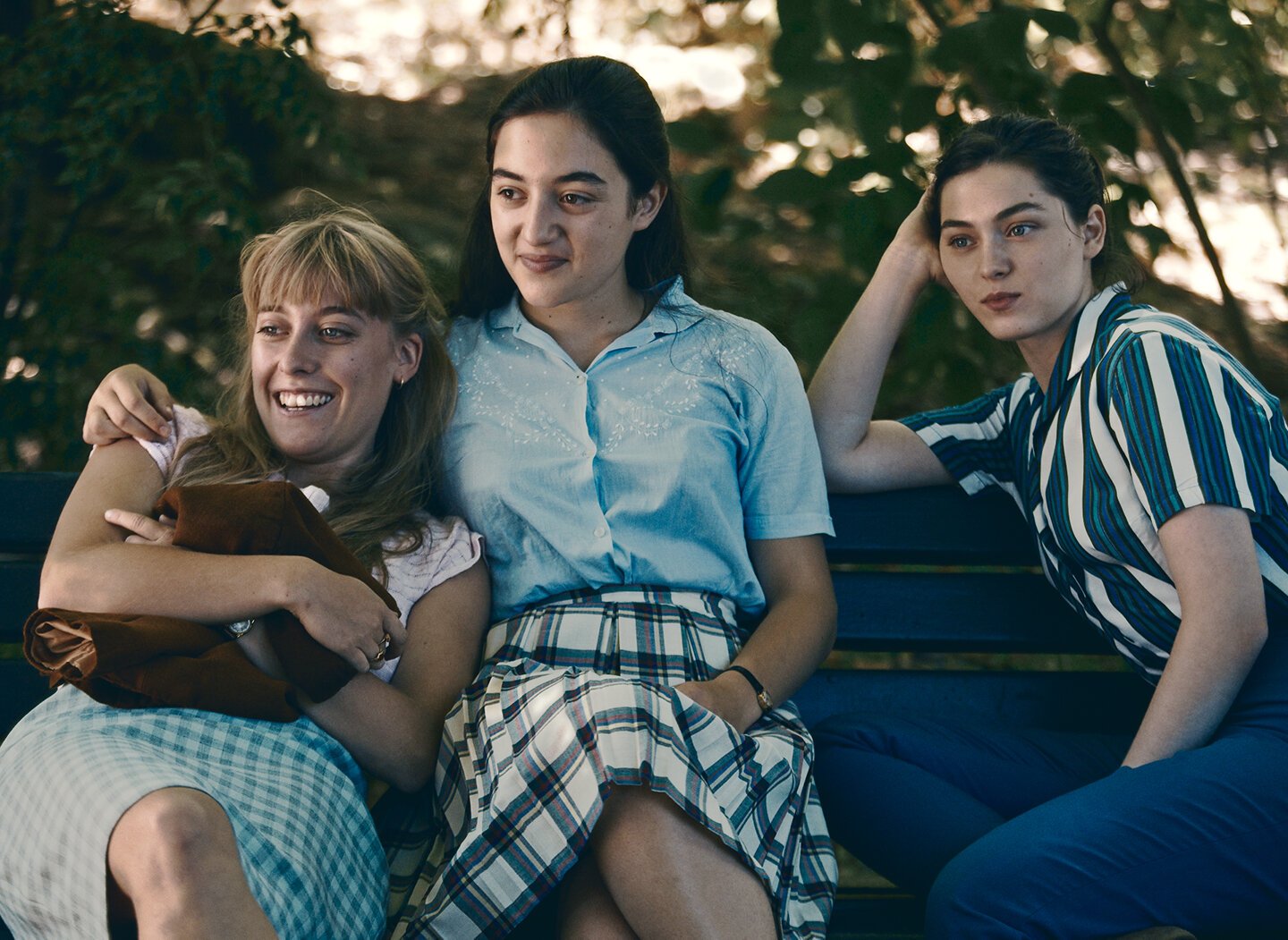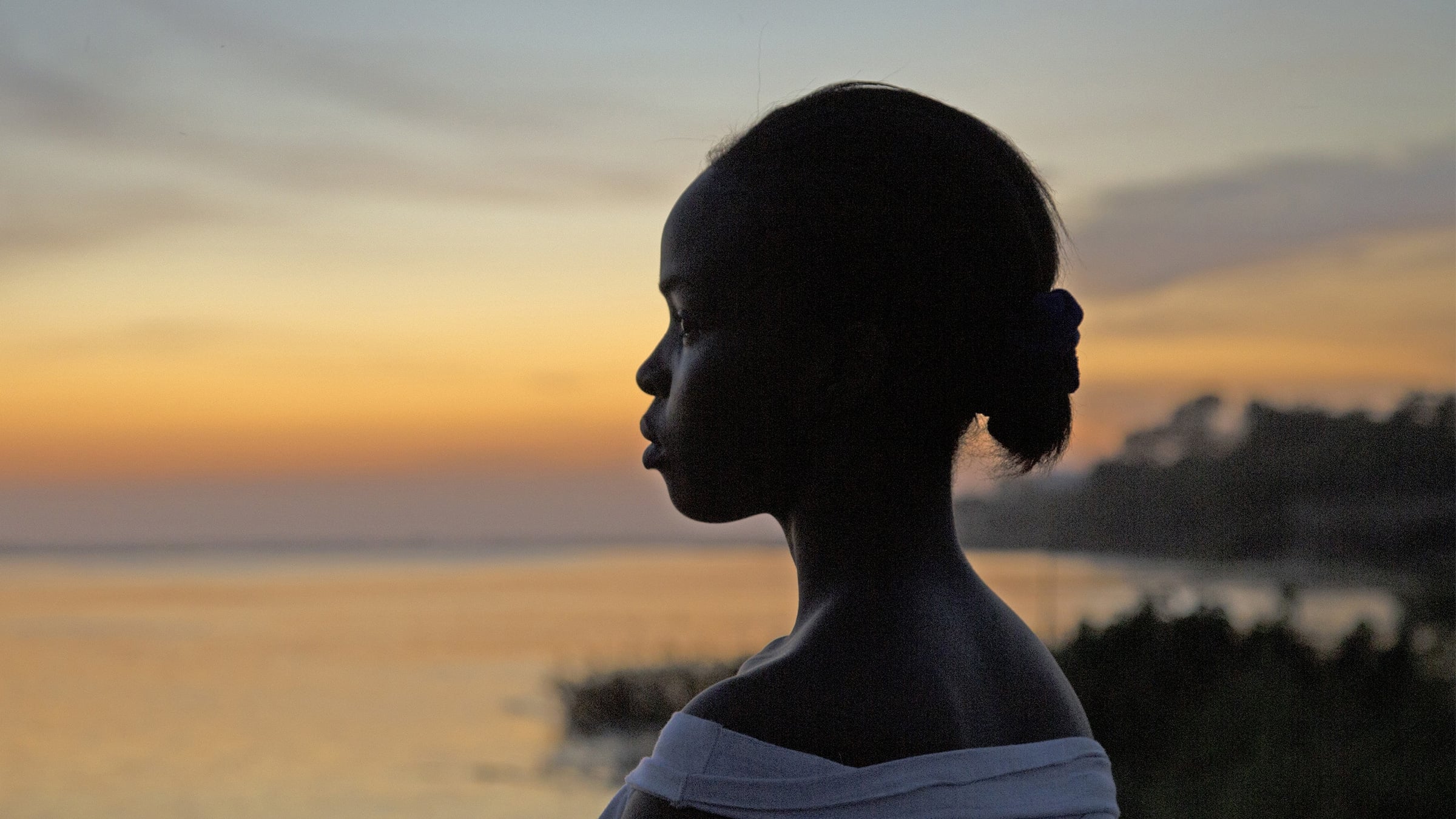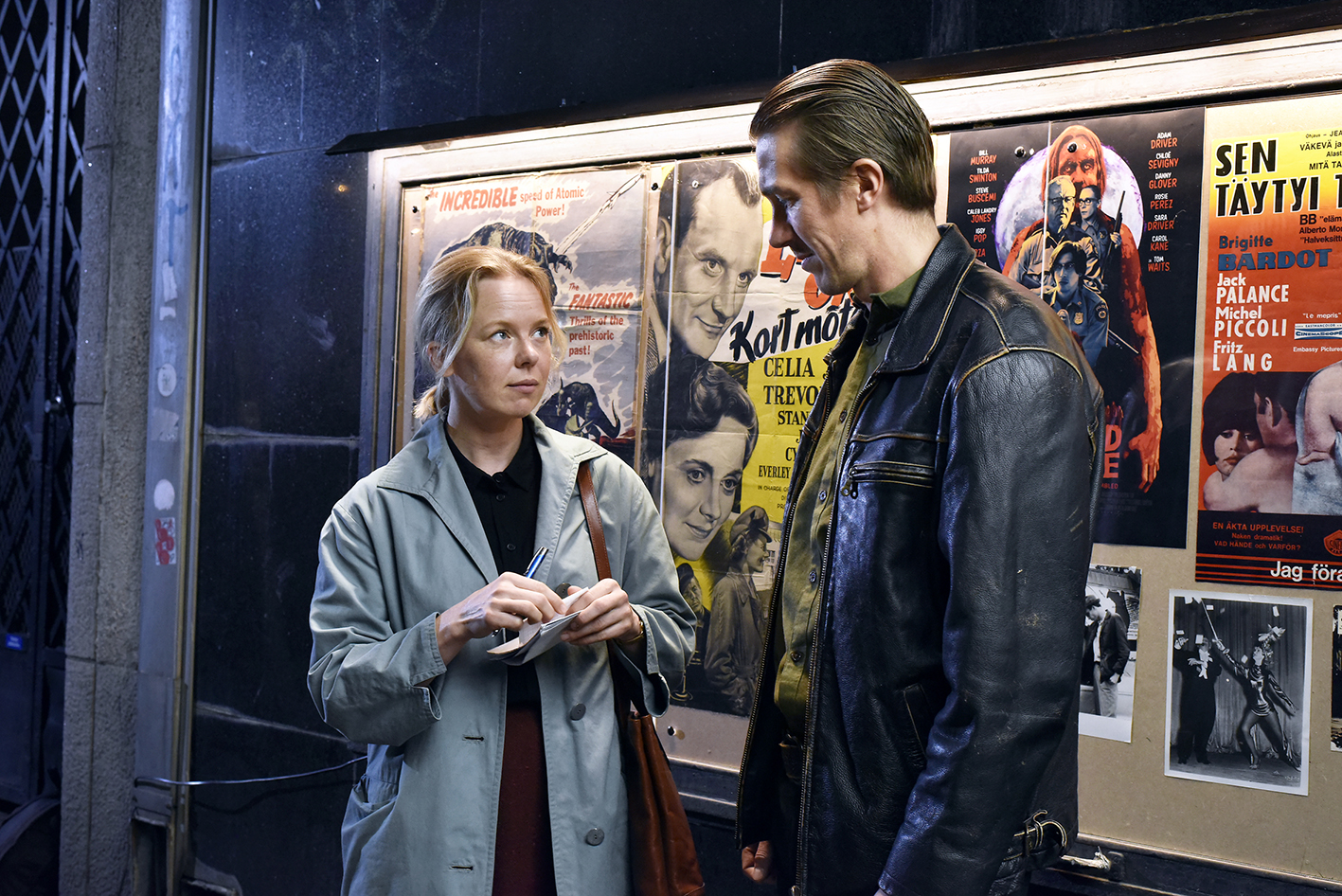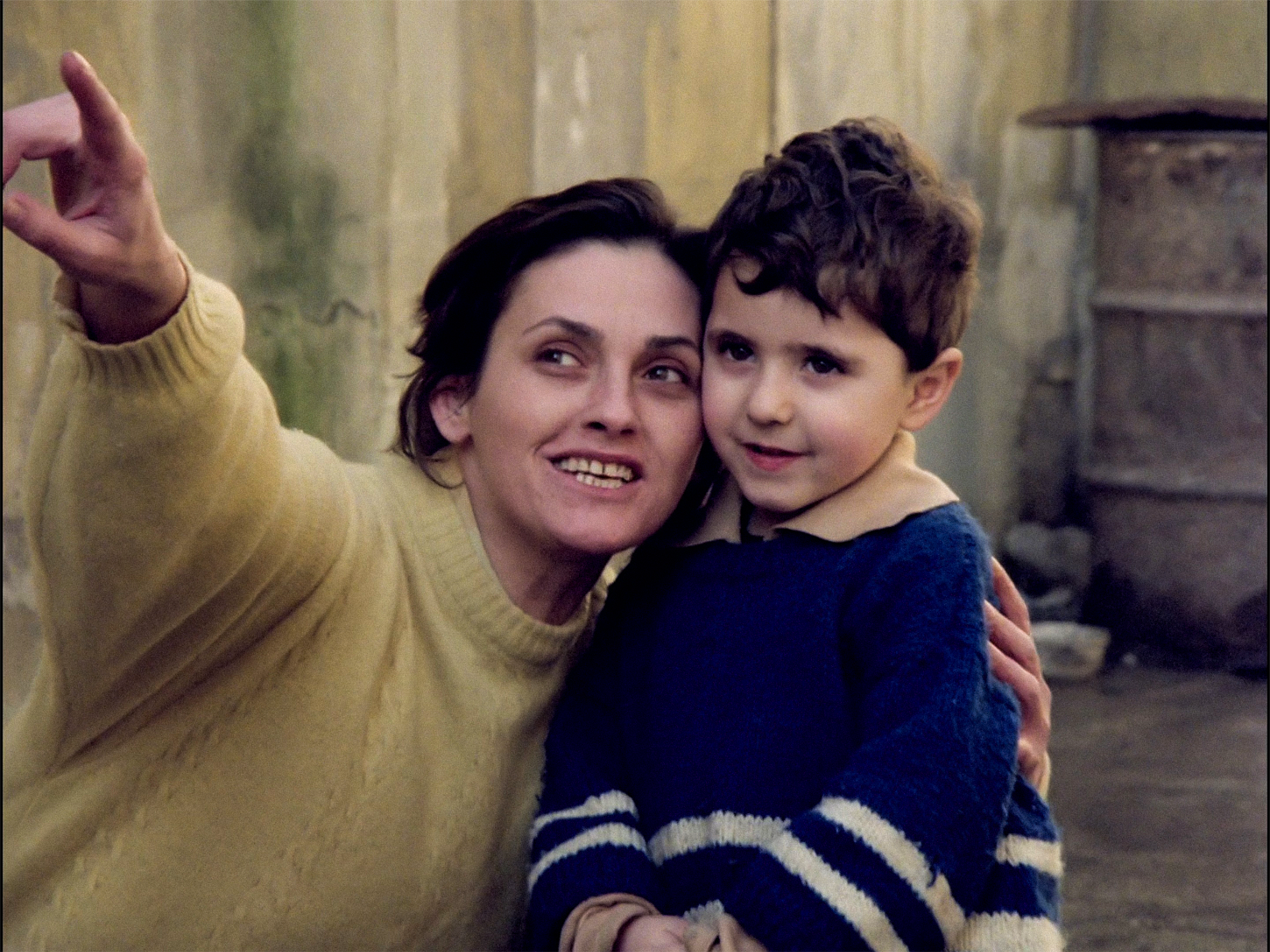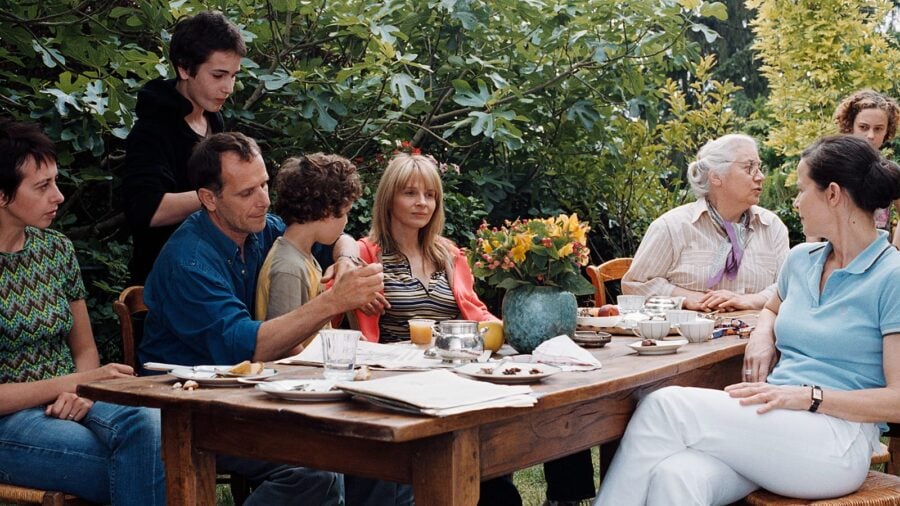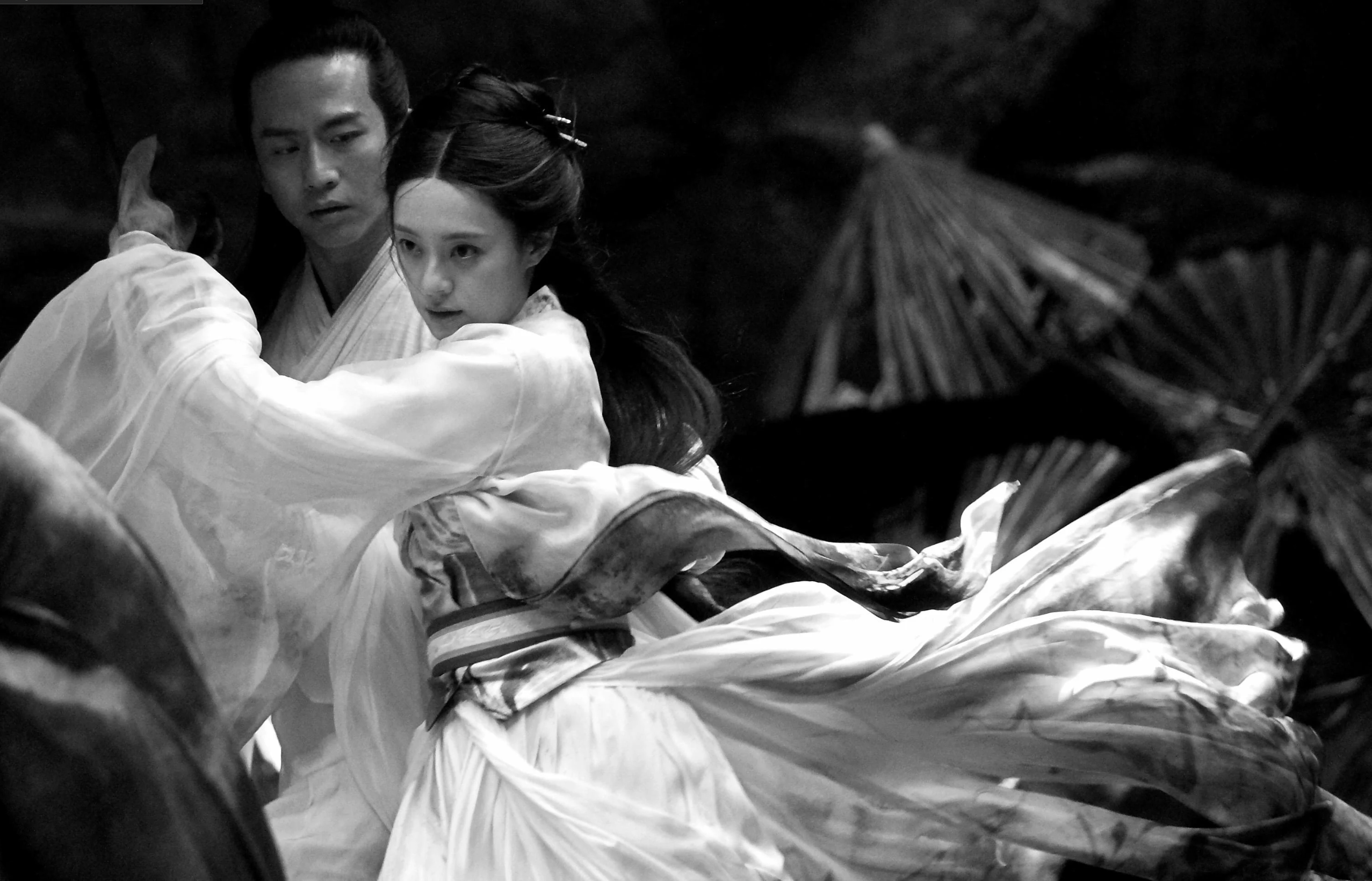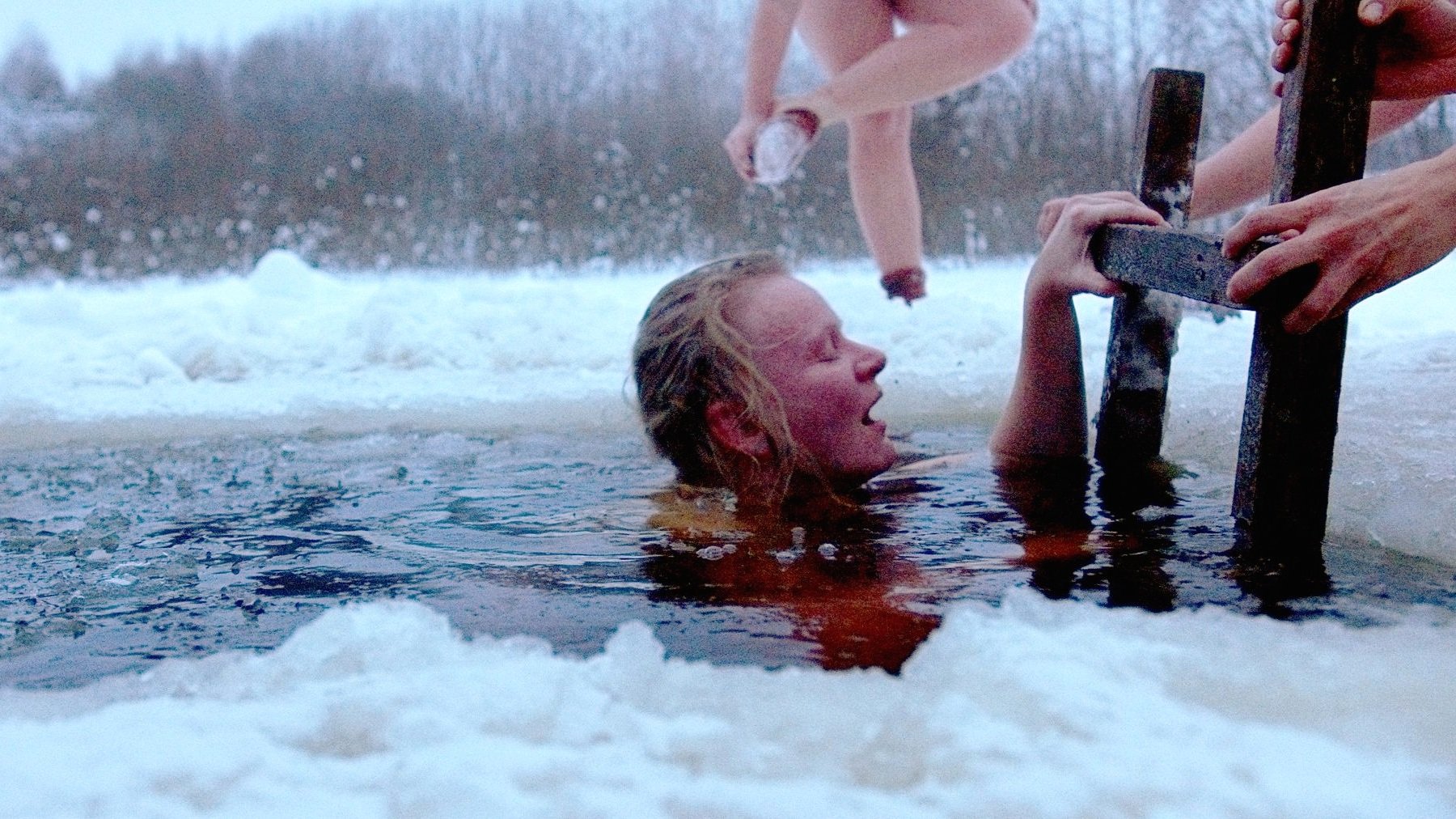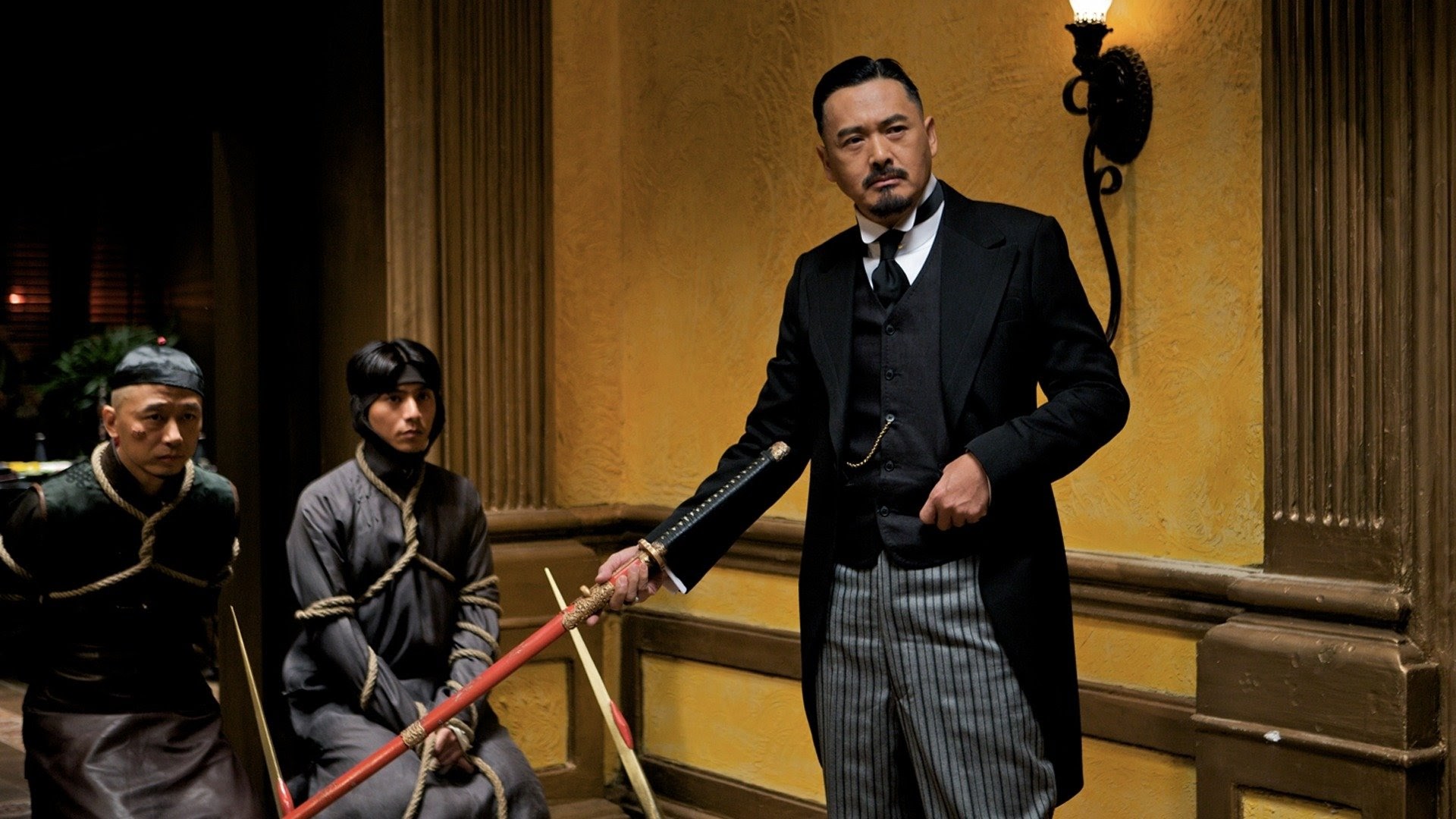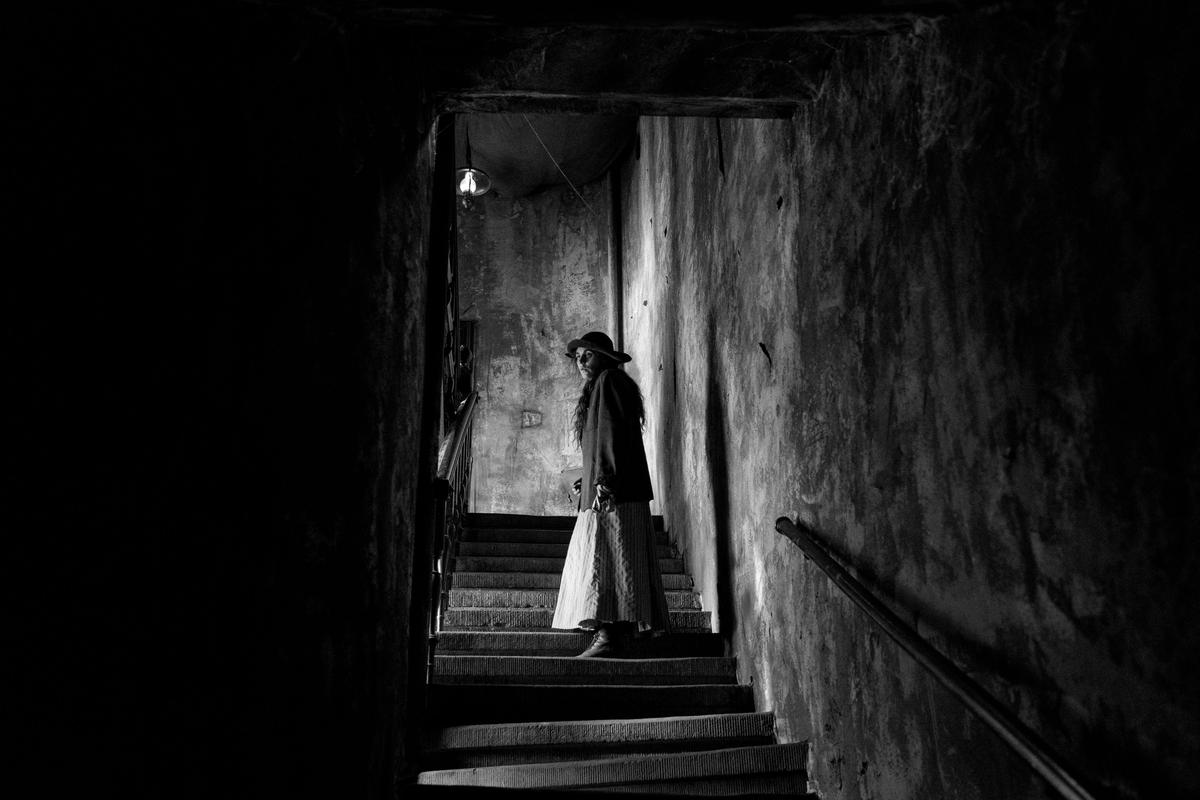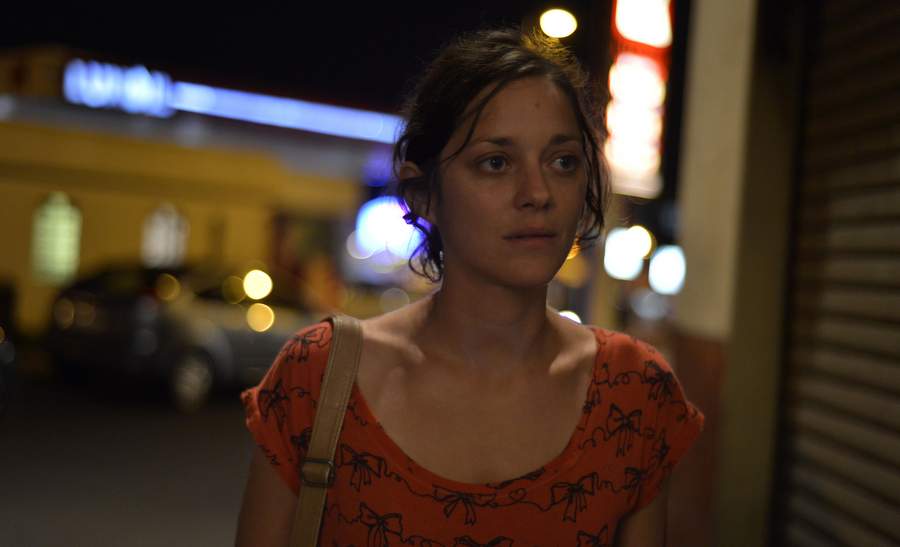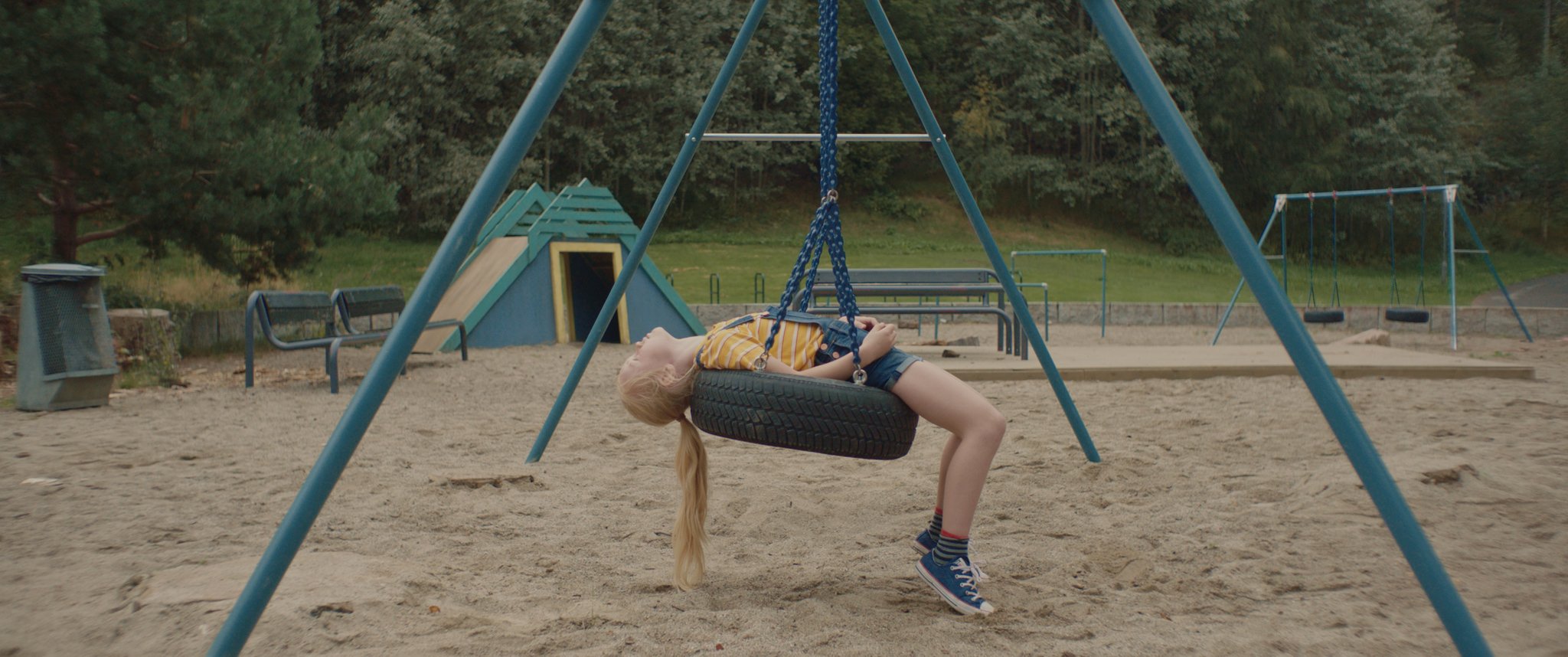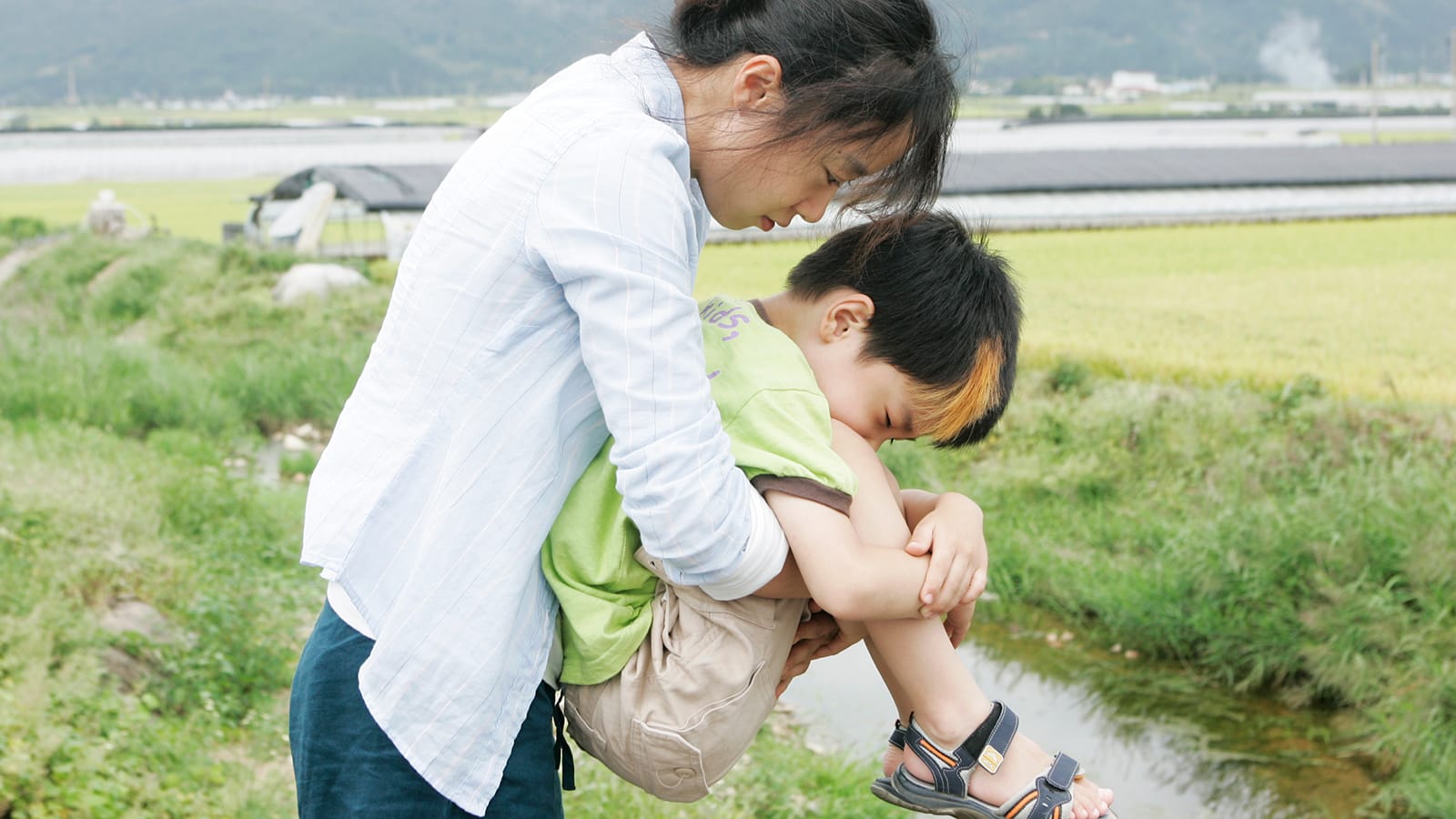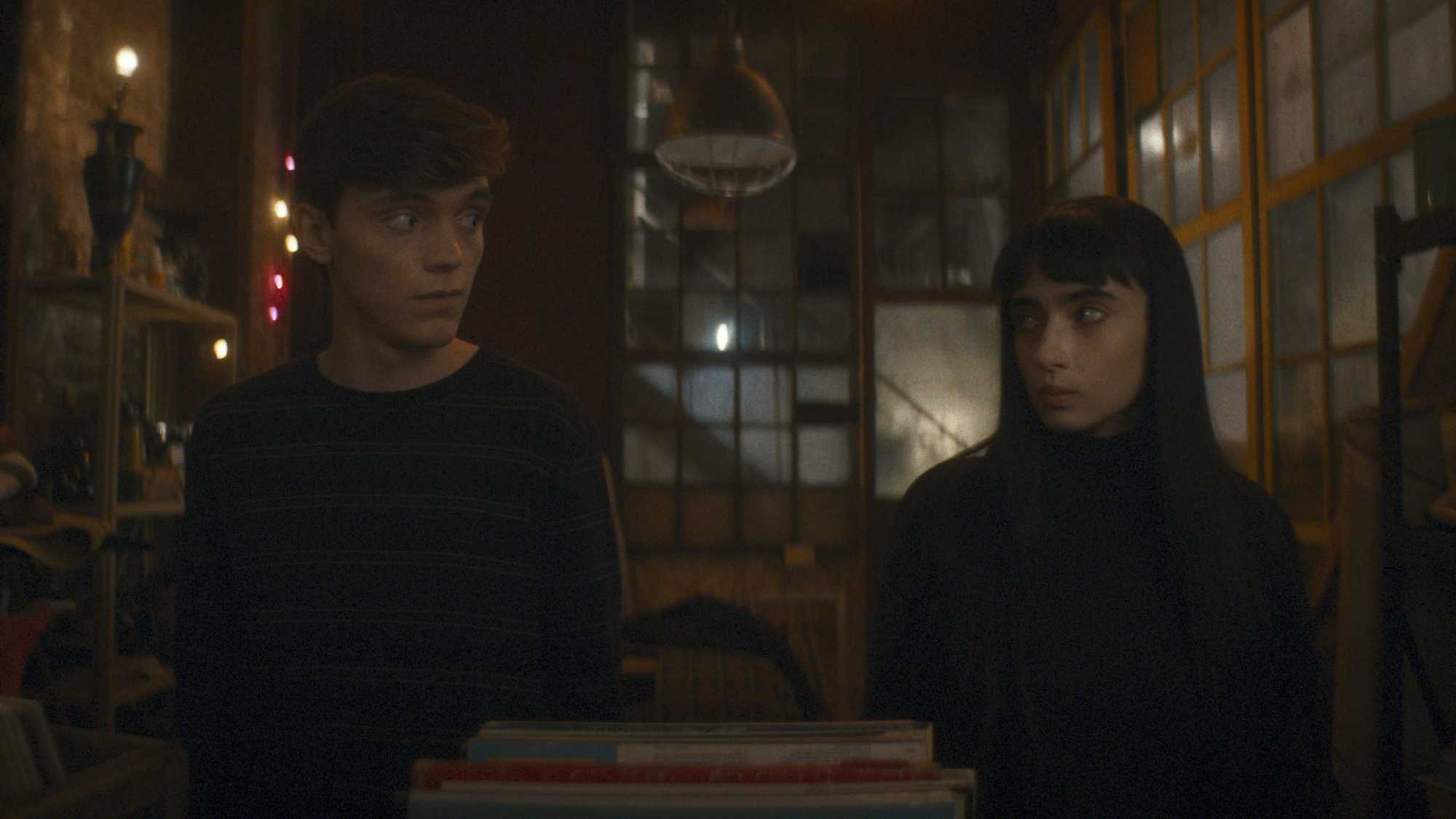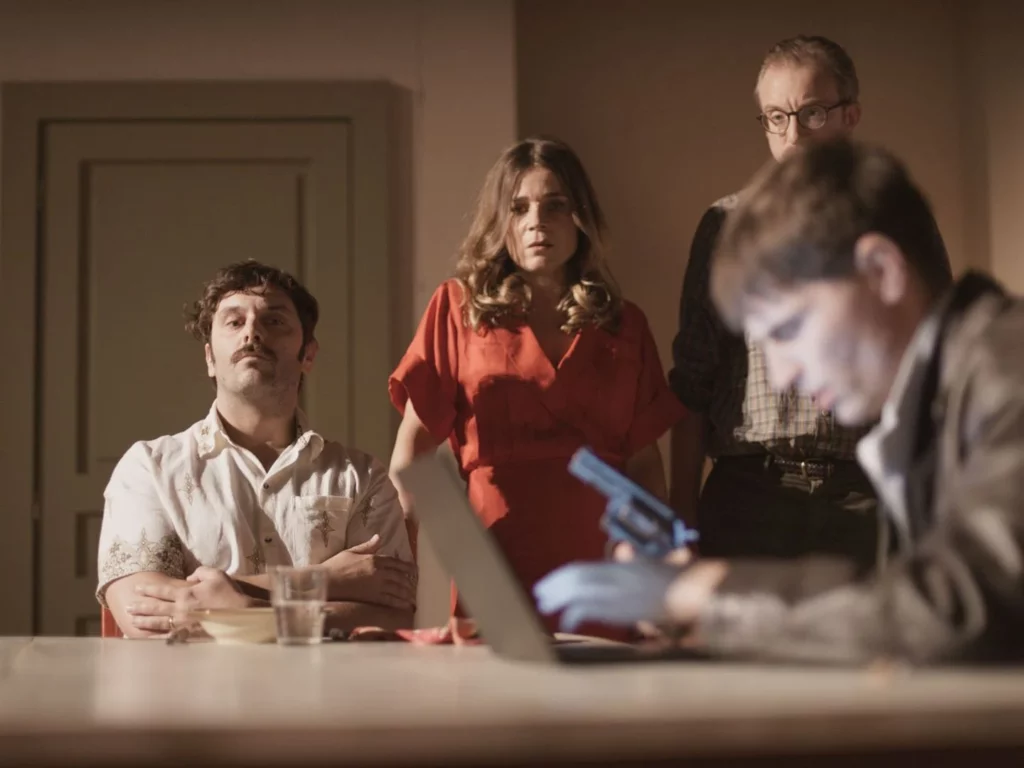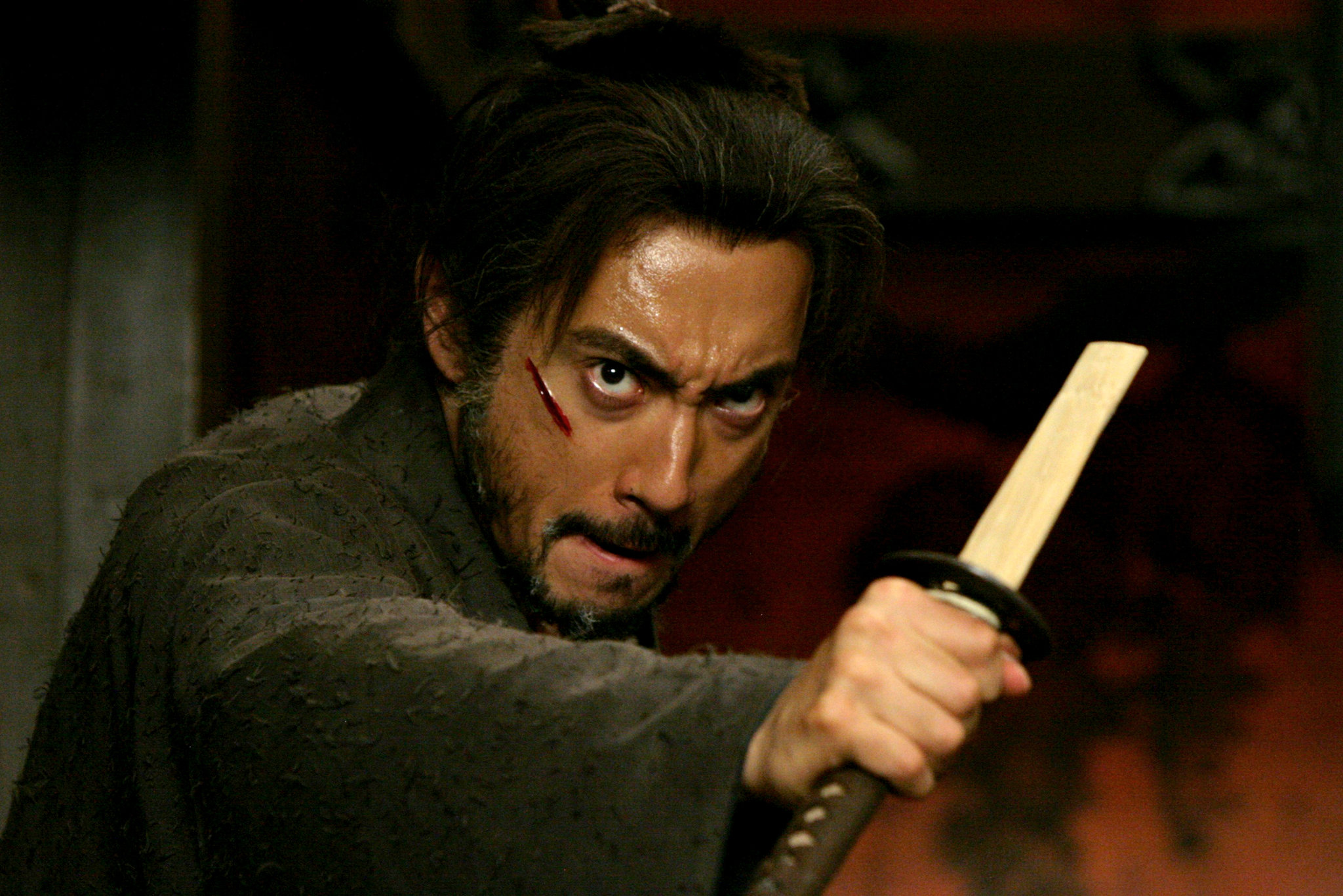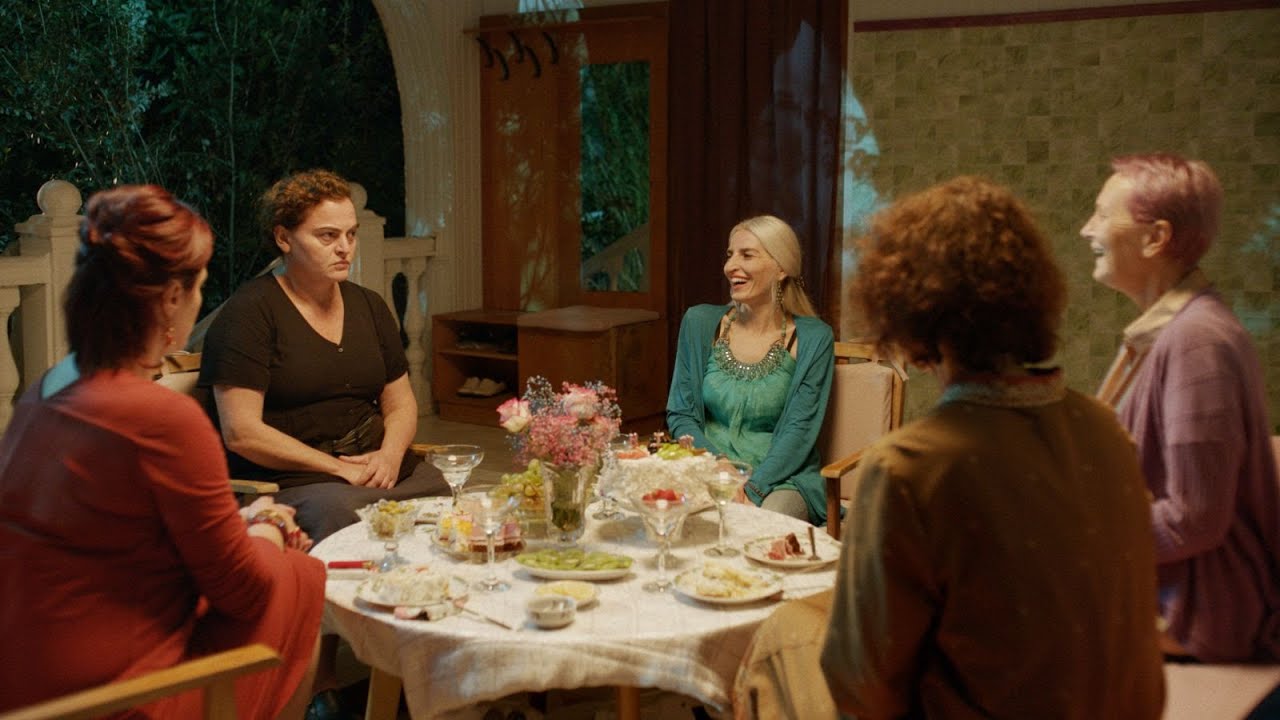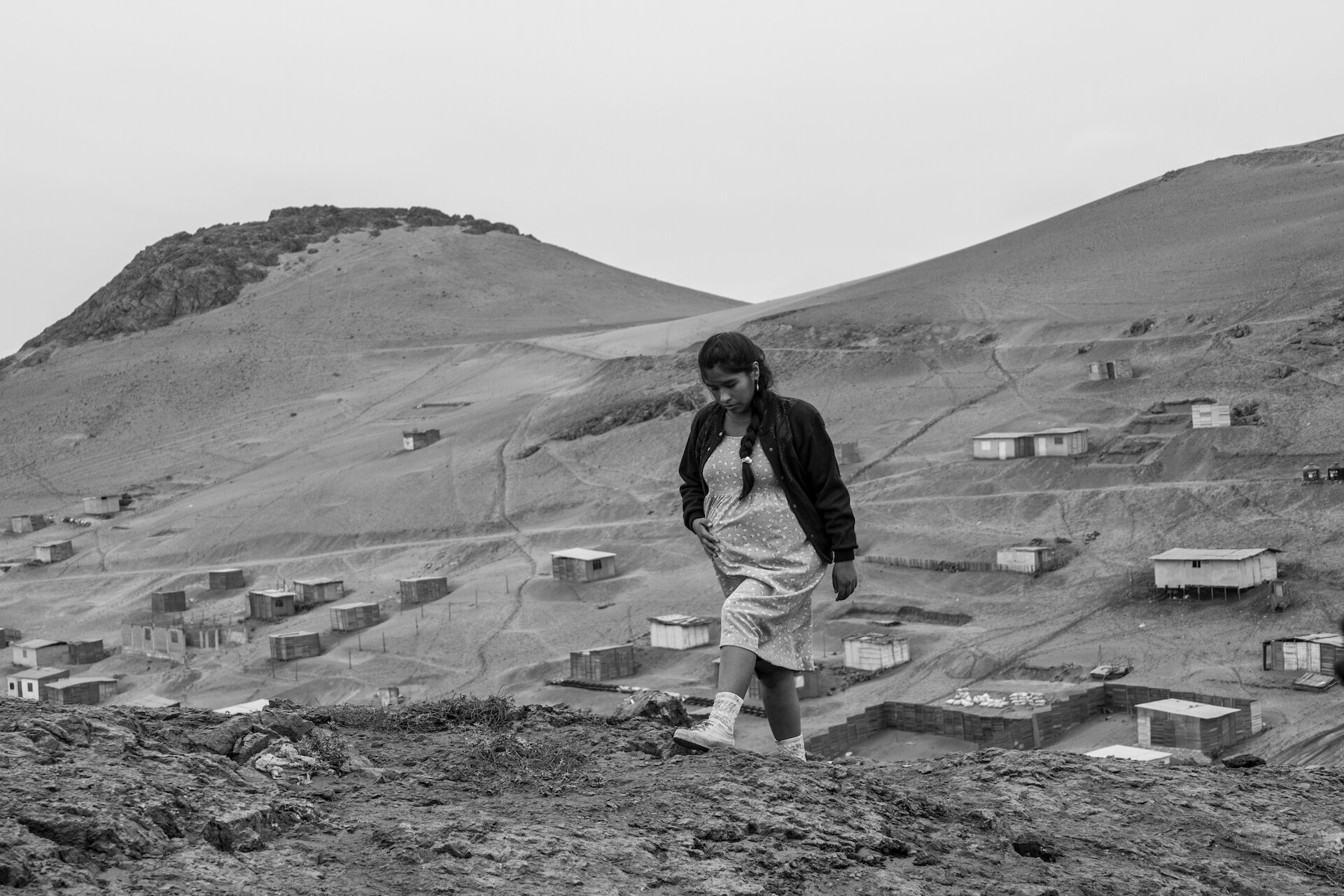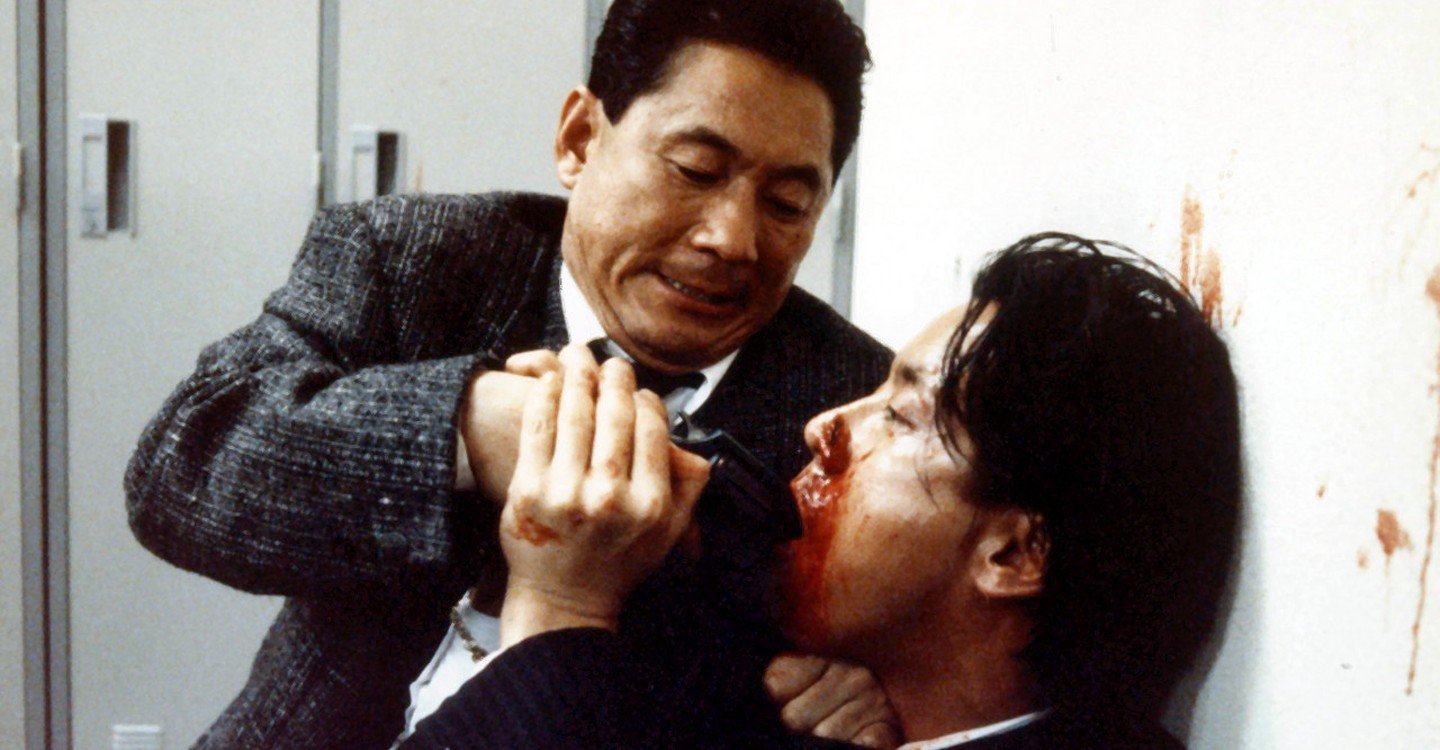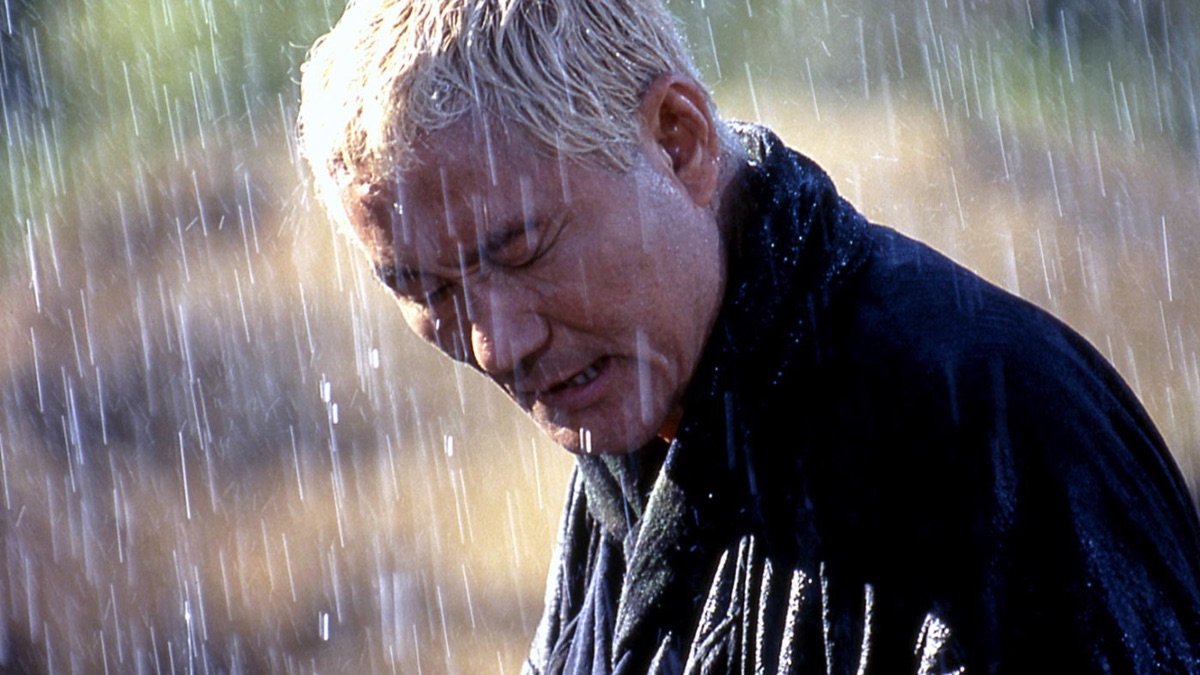20 Best Foreign Movies on Mubi Right Now
With its strides in streaming and film distribution, it won’t be a surprise that Mubi has a great selection of hidden gems. It also won’t be a surprise that many of these gems come from all over the world, with the site organizing these films in thoughtfully curated playlists by style, themes, festivals, and awards. So for cinephiles wanting to expand their repertoire, and movie lovers that want a glimpse of something new, here’s some of the best foreign films available to stream on Mubi.
It’s heartbreaking to realize that Happening, a film set in 1960s France tracking a young woman’s journey to dangerously and desperately terminating her pregnancy, is still very much relevant and relatable to this day. Around the world, abortion is still inaccessible, if not completely illegal, and women still struggle to lay full claim to their bodies. A lot of girls grow up with pregnancy statistics meant to instill fear, but Happening brings all that to brilliant life in intimate and unrestrained detail. The fears and wants of our protagonist Anne (played precisely by Anamaria Vartolomei) are palpable throughout. Nothing is held back in this film, and if you find yourself sick in parts, then it has achieved its goal of realistically conveying what it’s like to stay alive in a society that fails to recognize your needs.
Genre
Drama, History
Director
Audrey Diwan, Female director
Language
French
Mood
Challenging, Character-driven, Dark, Depressing, Discussion-sparking, Dramatic, Gripping, Intense, Well-acted
There’s much to despair at in Mahamat-Saleh Haroun’s drama set in Chad, where abortion is illegal, female genital mutilation isn’t, and single mothers are ostracised. Amina’s (Achouackh Abakar) 15-year-old daughter Maria (Rihane Khalil Alio) has just been expelled from school because she’s pregnant. Like Amina, Maria has been abandoned by the child’s father — but, having witnessed first-hand the stigma that comes with being an unmarried mother, she refuses to let history continue repeating itself, and declares she wants an abortion.
But underground abortions are expensive, and the duo are barely scraping by as it is, in spite of Amina’s backbreaking manual work. Their situation is dire — and there are more disturbing revelations to be had — but, despite the bleakness of Lingui’s plot on paper, the film isn’t miserabilist. As Amina searches desperately for a safe abortion provider, she takes us with her into a furtive underground network of solidarity, one that offers the mother and daughter all the compassion and aid that the government and their imam should be providing. This is a film in which acts of kindness are quietly delivered on the understanding that that’s what we owe each other, and one where sisterhood is alive — making this, paradoxically, a simultaneously enraging and heartening watch.
Genre
Drama
Director
Mahamat-Saleh Haroun
Language
Arabic, French
Mood
Character-driven, Emotional, Thought-provoking, Touching, Well-acted
Simple but lovely movies like Fallen Leaves are hard to come by these days. While others rely on complicated dialogue or overly ambitious premises to be deemed deep or important, Director Aki Kaurismäki trusts that his material is strong enough. After all, its silence speaks volumes; the characters don’t say much but when they do, you can be sure it’s something hard-hitting or funny. The plot doesn’t contain a lot of surprises, but when it makes a turn, it moves you instantly. And the leads, Ansa (Alma Pöysti) and Holappa (Jussi Vatanen) barely move their features, but their eyes convey more emotion, more longing and ache and joy, than one can hope for. Some movies can be challenging, exhilarating, or exhausting to watch. This one is simply delightful.
Genre
Comedy, Drama, Romance
Director
Aki Kaurismäki
Language
Arabic, Finnish
Mood
Easy, Feel-Good, Lovely, Romantic, Sunday, Sweet, Uplifting
Originally a novel inspired by real life incarceration, Don’t Let Them Shoot the Kite is actually much more optimistic than a prison stay would seem to be. Much of that lighter mood comes from an outstanding performance– Ozan Bilen, who portrays Barış, the precocious boy that lives in the prison with his mom due to a quirk of Turkish law– but the lighter mood isn’t due to ignoring the prisoners’ reality. Instead, the lightness comes because of understanding that reality fully. Despite the suspicion of the prison guards, and the way the camera makes the prison walls loom, Barış still manages to fuel some hope through straightforward, simple truths unfiltered by the tedium and mores of everyday life, and the fear people grow to learn about. Truth truly comes out of the mouths of babes in this film, and it’s what makes Don’t Let Them Shoot the Kite a classic of Turkish cinema.
Genre
Drama
Director
Tunç Başaran
Language
Turkish
Mood
Challenging, Raw, Slice-of-Life, Thought-provoking, True-story-based, Uplifting
Summer Hours centers on three siblings tasked with sorting the valuable pieces their mother left behind. Frédéric (Charles Berling), the eldest, has different ideas about inheritance than his overseas siblings. Will their beloved house stay or go? Will the art? The furniture? Can they afford to keep all these for sentimental reasons or would it be wiser to sell them? They go back and forth on these questions, rarely agreeing but always keeping in mind the life these seemingly inanimate objects occupy, as well as the memories they evoke, which are beyond priceless.
Summer Hours resists melodrama, opting instead for the simple power of restraint—of unspoken words and charged glances. And the result is a quietly affecting movie that basks in the details to paint a wonderful, overall picture of home and family.
Genre
Comedy, Drama, Family
Director
Olivier Assayas
Language
French
Mood
Easy, Emotional, Lighthearted, Lovely, Slice-of-Life, Slow, Sunday, Sweet, Warm
Director Zhang Yimou, who already has remarkable wuxia films like Hero and House of Flying Daggers under his belt, delivers another exceptional epic. Set during China’s Three Kingdoms era (220–280 AD), Shadow revolves around a great king and his people, who are expelled from their homeland but will aspire to reclaim it. The story requires a fair amount of patience at first, as it slowly builds a world consisting of various characters with different motives, before the real action begins. The journey through Shadow is visually pleasing thanks to its stunning cinematography, impressively choreographed combat, and overall brilliant production design. Packed with sequences that will take your breath away, it is an inventive martial arts epic with one amazing scene after another.
Genre
Action, Drama, War
Director
Yimou Zhang, Zhang Yimou
Language
Mandarin
Mood
Action-packed, Mind-blowing, Thrilling
Nakedness has been demonized or at least, has been considered inappropriate outside of certain situations. One such situation is the sauna, as the steam and high heat is considered therapeutic, especially in colder regions. In her directorial debut, Anna Hints documents the Estonian smoke sauna, not just as a cultural tradition, but as a sanctuary for women to bare their bodies and their troubles. The women are, of course, naked, but the sauna’s smoke and darkness obscures and keeps identities hidden, focusing on their stories and allowing a glimpse of women’s bodies at their most natural, without the sexualization often placed with the male gaze. Smoke Sauna Sisterhood is a refreshing take, one where plenty of women can finally see themselves in.
Genre
Documentary
Director
Anna Hints
Language
Estonian
Mood
Discussion-sparking, Easy, Heart-warming, Original, Raw, Slice-of-Life, Slow, Thought-provoking, Warm
Can the Western only be made in the West? The Italians answered with the Spaghetti Western, and in 2010, China came up with their own gunslinging, horse riding group of gangsters in Let the Bullets Fly. It feels just like an old fashioned Western in Old China, only with quips as fast as its bullets, and the wry satire mocks these thugs and politicians as one and the same, through a series of multiple impersonations made in the name of survival, corruption, and profit. Some of the humor can go over the heads of those unfamiliar with Chinese comedy, but nonetheless Let the Bullet Fly is a funny mix of genres, with writer-director and lead Jiang Wen playing with many Western tropes in over-the-top fashion.
Genre
Action, Comedy
Director
Jiang Wen
Language
Mandarin
Mood
Action-packed, Challenging, Dramatic, Funny
Given the original real-life story behind it, perhaps it shouldn’t be surprising that The Girl with the Needle was so bleak. Serial killing, after all, is bad. But rather than focus on the historical killer, writer-director Magnus von Horn hones the camera to focus on one such mother that would have sought for help from Dagmar Overbye, on the circumstances that would have pushed them there, and the terror that they felt once they realized the truth. With gothic black-and-white shots, impeccable framing, and an excellent performance from Vic Carmen Sonne, The Girl with the Needle is harrowing and heartbreaking, especially with how it still remains relevant to our time.
Genre
Drama, History, Thriller
Director
Magnus von Horn
Language
Danish
Mood
Challenging, Dark, Depressing, Intense, Suspenseful, Thought-provoking, True-crime, True-story-based
This movie originally caught my eye for all the attention it got at the Cannes festival, but I assure you, all of the hype is more than warranted. Two Days, One Night takes you on an emotional journey with Sandra, recovering from depression and ready to get back to work, when she discovers that her co-workers, having to choose between receiving a bonus and Sandra keeping her job, hold her fate in their hands. And thus, barely convinced herself and with her husband as her only support, she sets out on an unlikely mission to convince the people to vote against the bonus so that she still has a salary.
This movie will strike a chord for anyone who has encountered depression or even simply tried to understand the abstract concept that it is. Marion Cotillard flawlessly portrays through Sandra the desperate struggle of having to put up a fight despite the utter hopelessness that she finds herself drowning in. At strife with herself, watching her try even though every cell in her body has given up, is gut-wrenching and awe-inspiring at the same time. Before long Sandra’s fight on the lay-off and on her own hopelessness seem to blur together. Whether she wins, is what keeps you hooked to the very end.
Genre
Drama
Director
Jean-Pierre Dardenne, Luc Dardenne
Language
French
Mood
Character-driven, Original, Touching
The Innocents is a Norweigan thriller that follows four kids who discover they have supernatural powers over the summer. They play around and experiment in the woods nearby, but what begins as harmless fun quickly develops into something much more disturbing and sinister.
This unnerving film, a blend of fantasy and horror, doesn’t waste time explaining the origins of its mysticism. Instead, it goes straight into action—bending, twisting, and splitting open anything and anyone that gets in its way. This kind of rawness is shocking given the age range of the characters, but it also works to subvert what we’ve come to expect from kids, youth, and goodness. The Innocents isn’t for the faint of heart, but if you can manage some bloody and unhindged scenes, then it’s sure worth checking out. Directed by Eskil Vogt, co-writer of critically-acclaimed films like Thelma and The Worst Person in the World.
Genre
Drama, Fantasy, Horror, Thriller
Director
Eskil Vogt
Language
Norwegian
Mood
Challenging, Dramatic, Raw, Slow, Weird
For better or worse, death strikes us all, fast and unexpectedly. It’s tough enough if the death is caused by ill health or accidents, but when premeditated by another person– it can be easy to lose faith in a higher power. Secret Sunshine depicts a grieving mother trying to start a new life in the countryside, though certain events make it tough to fit in. There’s a well-meaning, long-term bachelor who’s interested in her, though she’s not ready to reciprocate, and there’s townsfolk that would like to invite her to their church, though she’s reluctant to join. There’s curious, gossipy neighbors ready to comment on her every action. Secret Sunshine reveals a darker layer to the countryside towns we retreat to to cope, but it also examines the ways we grieve, cope, and deal with forgiveness, in a community that would prioritize itself at the expense of what’s morally right.
Genre
Drama
Director
Chang-dong Lee, Lee Chang-dong
Language
Korean
Mood
Challenging, Character-driven, Dark, Depressing, Discussion-sparking, Emotional, Intense, Raw, Slow, Tear-jerker, Thought-provoking, Well-acted
When vampires choose not to kill a human, it’s usually played up with so much drama, angst, and maybe a bit of romance. Humanist Vampire Seeking Consenting Suicidal Person on the other hand takes this choice as a comedic one. It may be a tad ludicrous for a vampire to refuse to drink blood on ethical grounds and trauma, but writer-director Ariane Louis-Seize takes this silly situation with a compelling sweetness, depicting Sasha with a familiar teen uncertainty made much more captivating with Sara Montpetit’s gothic ingénue charisma. Humanist Vampire does take a more quirky YA romance approach than expected from the title, but it’s funny, charming, and totally something new.
Genre
Comedy, Fantasy, Horror, Romance
Director
Ariane Louis-Seize, Female director
Language
French
Mood
Funny, Grown-up Comedy, Quirky, Romantic, Sweet, Warm, Weird
It can be very frustrating to watch something, hoping that the show, play, or film would be worth watching, and find yourself feeling worse after the experience. Most of us end up just changing the channel, leaving the theater, or finding something else to watch, but instead of doing any of this, Yannick depicts the titular audience member interrupting the show with a gun. You can already imagine how tense the situation is, but Quentin Dupieux infuses a comedic, meta touch in the way Yannick questions and holds the audience hostage, as his conversations with them and the cast reveal the different expectations we have from art.
Genre
Comedy, Drama
Director
Quentin Dupieux
Language
French
Mood
Challenging, Discussion-sparking, Gripping, Original, Raw, Thought-provoking, Well-acted
Given that it is a modern day, colored film remake of a classic, Hara-Kiri: Death of a Samurai was always going to be compared to the 1962 film, especially since it’s considered one of the greatest Japanese films of all time. Admittedly, there’s not a lot added aside from the 3D filming, and for fans of director Takashi Miike, the remake is much more restrained than his other films. However, Nobuyasu Kita’s cinematography is striking, Ryuichi Sakamoto’s score is impeccable, and the performances still deliver on the film’s contemplation of honor, sacrifice, and the self-interest of the elite. Hara-Kiri: Death of a Samurai doesn’t compare to the classic, but it’s nonetheless a decent introduction for the generations that missed the original story.
Genre
Drama, History
Director
Takashi Miike
Language
Japanese, Spanish
Mood
Character-driven, Depressing, Gripping, Intense, Slow, Touching
While primarily a showcase of endoscopic footage of various surgeries in different hospitals throughout Paris—which should already be enough to either make you queasy or inspire introspection into the fragility of our lives—this singular, experimental documentary places all this bloodshed in the context of the mundanity of the medical profession. Much of the film is taken up by muted conversation from the surgeons and footage of elderly patients wandering around, creating an even more surreal look into the lack of support these hospitals receive. It’s far more abstract than it is educational, but its commitment to getting its hands dirty makes it an unforgettable experience.
Genre
Documentary
Director
Female director, Lucien Castaing-Taylor, Véréna Paravel
Language
French
Mood
Challenging, Mind-blowing, Raw, Slice-of-Life, Thought-provoking, Weird
We all know that remaining unmarried when middle-aged doesn’t mean one is lacking, but even when we can acknowledge how dated this idea is, for women, there’s still the societal pressure, the loneliness, and the feeling of having missed an opportunity to have children. Blackbird Blackbird Blackberry is centered on one such middle-aged woman living in a small town in Georgia, and she has a fairly peaceful life… until she nearly dies and shortly forms an attraction to another man. Director and co-writer Elene Naveriani takes her time to delve deep into Etero’s story, the complicated grief she has towards the men that have raised her, as well as the spite towards the arbitrary goals other women have reached and made fun of her for. The journey does take a rather slow burn, but it’s wonderful to see a film so empathetic and nuanced about this dilemma, and free from the judgment many women have encountered on this topic.
Genre
Drama, Romance
Director
Elene Naveriani, Female director
Language
Georgian
Mood
Challenging, Discussion-sparking, Slice-of-Life, Slow, Sweet, Thought-provoking, Warm
At times of political strife, how can one seek justice? Song Without a Name could have presented its case in a straightforward biopic. Inspired by her journalist father’s story, writer-director Melina León could have presented a hard-hitting docudrama that celebrated the smart journalists who brought the traffickers to justice. However, León doesn’t do that. She focuses instead on Georgina, the indigenous mother who lost her child. Her journey is beautifully shot in vignetted black-and-white, but the images and the lullabies she sings are striking, haunting reminders of what was lost, even as the traffickers get imprisoned. Song Without a Name remembers how this injustice was only half resolved.
Genre
Drama
Director
Female director, Melina León
Language
Quechua, Spanish
Mood
Depressing, Discussion-sparking, Emotional, Lovely, Raw
It won’t be a surprise that a movie titled Violent Cop would have a police officer smacking people left and right. But upon its release, Violent Cop surprised viewers when comedian Beat Takeshi took it upon himself to direct a moody, serious neo-noir where blood splatters come sparingly, knives are drawn on occasion, and the camera is much more interested in lingering between the men inflicting violence rather than flashy choreography– and somehow end up with a pretty solid effort. The film does have a somewhat familiar plot, but its bleak, depressing portrayal of how mundane violence has become makes Violent Cop such a brutal debut to watch.
Genre
Action, Crime, Thriller
Director
Takeshi Kitano
Language
Japanese
Mood
Depressing, Gripping, Intense, Suspenseful, Thrilling
Given that there are 25 other films and 4 seasons depicting the blind swordsman, Shintaro Katsu’s Zatoichi can seem a bit redundant. To a certain extent, it is, as the action set pieces call back to earlier standout moments and the length can feel a tad bloated, so fans of Ichi might find this conclusion still classic, but nothing particularly novel. That being said, with Katsu directing the conclusion after portraying the character for so long, it’s no surprise that everything the Zatoichi is known for– the action, the humor, and the swordfighting– is dialled up to eleven, with a slightly darker and more stylistic tinge that brings the swordsman to better fit the newer decade. Fans would already have their opinions on this film, but for new viewers, Zatoichi: Darkness Is His Ally might find it as a straight-to-the-point snapshot of this classic 70s franchise.
Genre
Action, Drama
Director
Shintarō Katsu
Language
Japanese
Mood
Action-packed, Dark, Dramatic, Intense, No-brainer

